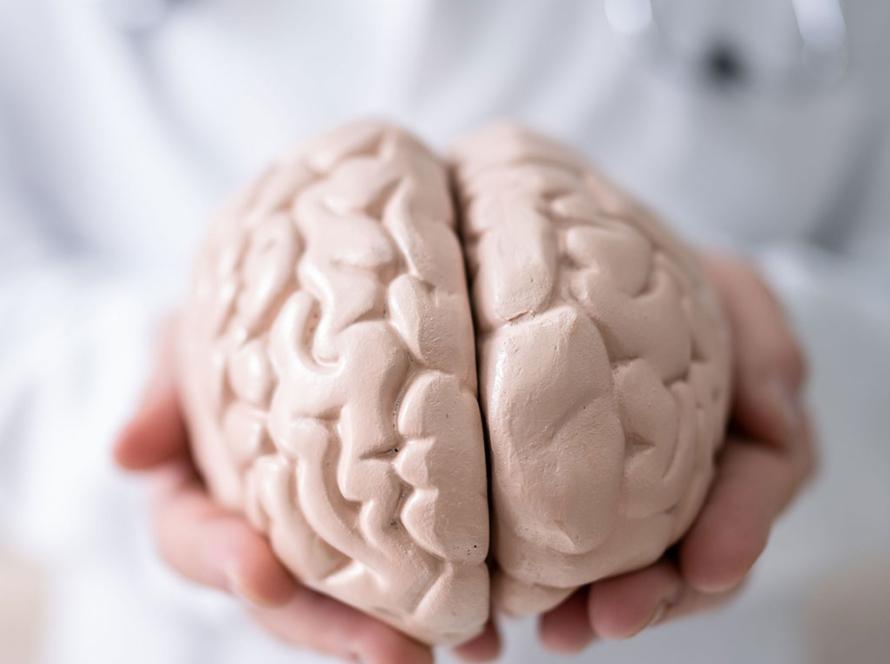“A Rose by any other name would smell as sweet”
~ William Shakespeare

I feel like a good place to begin this particular musing of mine is to introduce the psychotherapeutic approach of Acceptance and Commitment Therapy (ACT). This approach has shaped and inspired me for over 15 years as a psychotherapist. As an approach to psychology, it is a beautiful blend of mindfulness, acceptance, practice, and value-based living with purpose
Contained within the deeper layers of the ACT therapeutic model approach is a behavioural theory relating to human language and cognition (Relational Frame Theory or RFT). RFT focuses on how humans learn language (i.e., communication) through interactions with the environment and functionalism of words as messengers. One of my realizations when looking at this aspect of functionalism in the language is that at a base level words are simply arbitrary. They don’t hold meaning or significance until we give that to them.
A rose by any other name would smell the same.

When you apply this lens of language to the realm of psychotherapy I think some fascinating things emerge. One thing is that words can have a huge societal and cultural significance that are rooted to a belief system or systems that are simply outdated and over generalized.
Another realization is that the words and thoughts rolling through our awareness are merely symbols tied to those outdated belief systems.
You are more than your thoughts.
When you come to realize that you are more than your thoughts and that thoughts are actually just a process of language moving through your field of awareness, you can begin to non-attach from your thoughts and the beliefs that are attached to them.
Attachments to Diagnoses:
Moving into the world of diagnostic practice, I feel like this is an area that is ripe for a functional update. Especially in the domain of psychology, where there are trends of pathologizing normal human reactions and psychologizing true biophysical dysfunction.
Often in my ponderings, I can understand how we have arrived at this confusing state through the functional misdirection language took when Descartes declared the mind and body must be separate.
There is much danger in continuing to confuse words like “anxiety” and “depression” and “trauma” as depicting conditions that are bad or pathological, when they are also experiences that are woven into the essential nature of being human. This confusion is contributing to a mental health crisis that may also be considered a pandemic.
There is another danger in the diagnostic power of labels. In my experience, when a person in is given a diagnosis, it has a significant impact on how they move forward from that moment in time. Often the person becomes encapsulated by their diagnosis, it begins to define them and their lives begin to center around that label. It can even become their identity. This can eventually lead to a self-propelled cycle where the person is stuck in an ongoing narrative of “I can’t because of my ________”. This cycle is fed by fear, doubt, and a fixed mindset around the barriers of a diagnosis.

Remember You are more than your diagnosis
What it feels like to be diagnosed is ironically ineffable. It can feel like a death sentence, an inevitable destiny, or a dead end. It can take your breath away and radically change your life in a moment.
I was diagnosed with cancer in 2017 and write this musing with full awareness of the impact and power behind a diagnosis. In my search for holistic healing, I knew I had to let go of outdated beliefs systems around the word cancer. I came face to face with the inherent fear and doubt and death sentence a word can contain.
To wrap this musing up, I think there is functional significance and importance in the practice of diagnoses. I believe that diagnoses are often an essential part of healing and allow us to identify, understand and intervene in effective ways to provide healing and change.
Perhaps the shift in societal beliefs could contain a more functional approach to the practice of diagnoses. We could start viewing some diagnoses as scaffolding, a function that allows us to access a network of resources and find support that allows us to activate maximum healing pathways. Ultimately, the scaffolding can dissolve into nothing or be integrated so fully into one’s wholeness, you can barely notice it.




